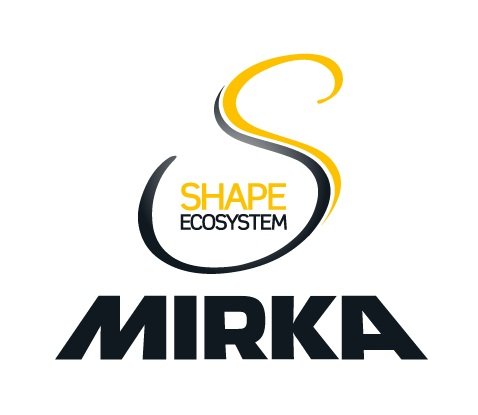Energy-Efficient Milling for the Green Transition
Tampere University, in collaboration with leading Finnish companies and international academic partners, is spearheading a Co-Research project to revolutionize how carbon- and calcium-based materials are processed to nano scale. The project addresses a critical challenge in the green transition: enabling material-efficient and energy-efficient production of high-performance nanomaterials for climate mitigation technologies.
The Challenge
Global warming demands smarter use of materials. Nanomaterials – thanks to their high surface activity – can significantly enhance performance in batteries, composites, and carbon capture. However, current milling technologies are energy-intensive and yield low-quality or low-volume nano products. This project tackles the dual challenge of:
Reducing energy consumption in milling.
Improving yield and quality of nano-scale carbon and calcium materials.
The Solution
Building on patented Ultra-Thin Plate Gap Fibrillation technology, originally developed for cellulose by Tampere University and industry, the project explores its adaptation for other materials. The approach combines empirical trials, theoretical modeling, and industrial co-development across the following work packages:
WP1: Milling Carbon-Based Materials. Focuses on graphite and graphene production. The goal is to achieve high-yield, energy-efficient milling for battery-grade spheroidized graphite and few-layer graphene.
WP2: Milling Calcium-Based Materials. Targets nano calcium carbonate and wollastonite, including valorization of industrial side streams. These materials are vital for carbon capture and sustainable composites.
WP3: Process Modeling. Develops mathematical and CFD (computational fluid dynamics) models to understand and optimize the milling process, enabling industrial upscaling.
WP4: Tool Surface Innovation. Designs and manufactures new milling surfaces in collaboration with industry partners to enhance performance and tailor the milling mechanism.
Impact
The project aims to unlock disruptive business opportunities for Finnish technology and material companies, while contributing to global climate goals. With partners like Valmet, Mirka, Nordkalk, Hycamite, and Grafintec, and academic support from Mid Sweden University, Delft University of Technology, and Åbo Akademi, the initiative is a model of ecosystem-driven innovation.
“We see a big potential in using our know-how in grinding wheels to be a part of the next breakthrough in the processing of nanomaterials. MoCCa is the perfect platform to achieve this goal, says Petter Andersson, developme at Mirka.
